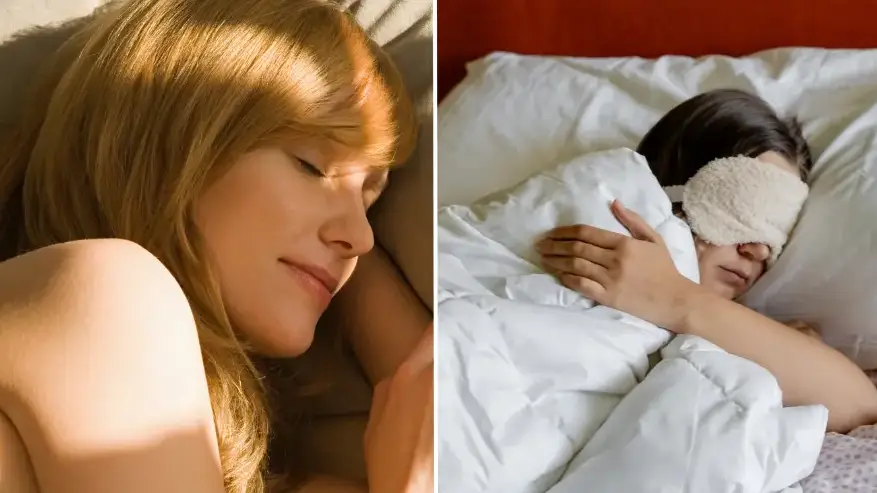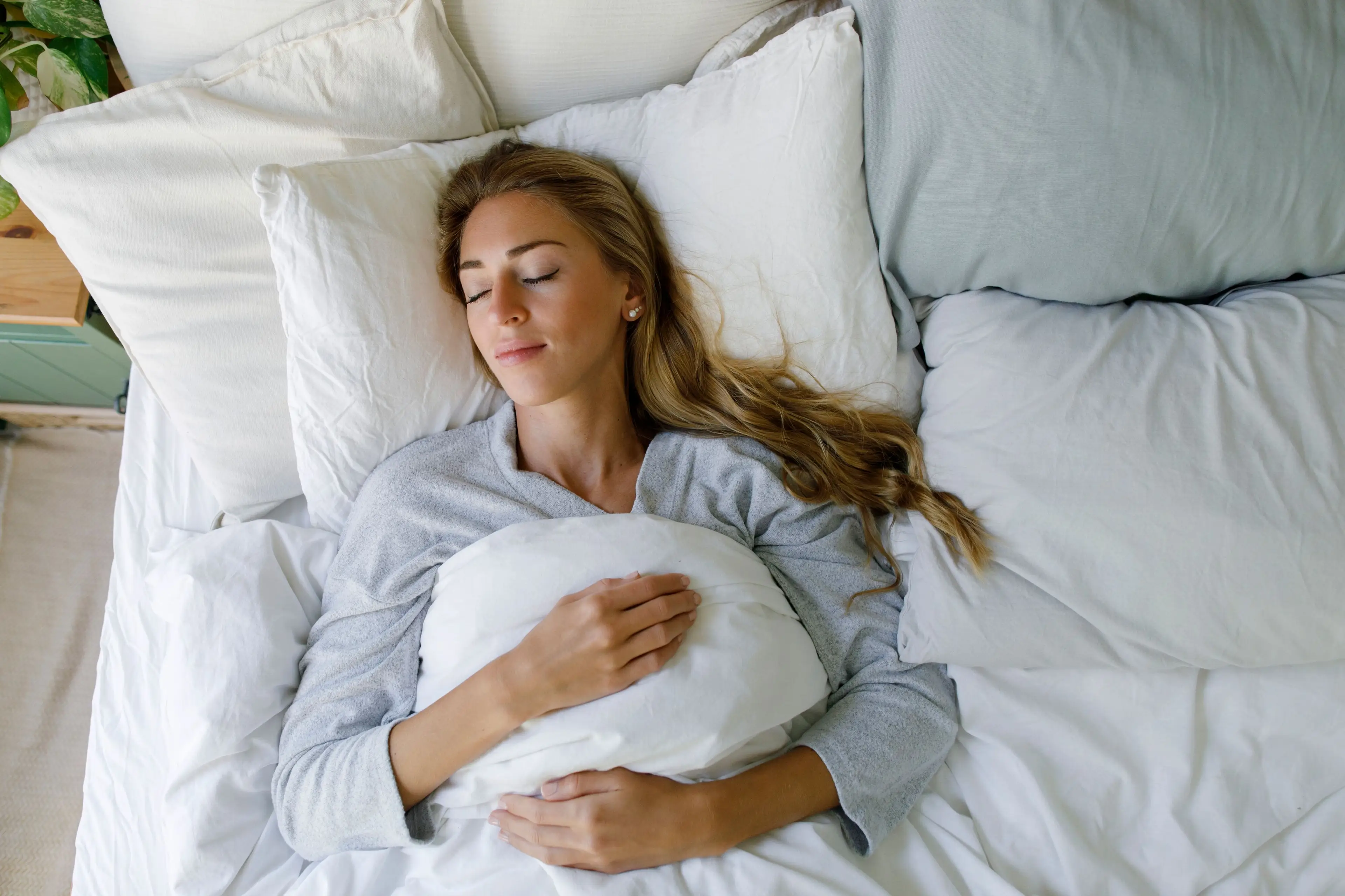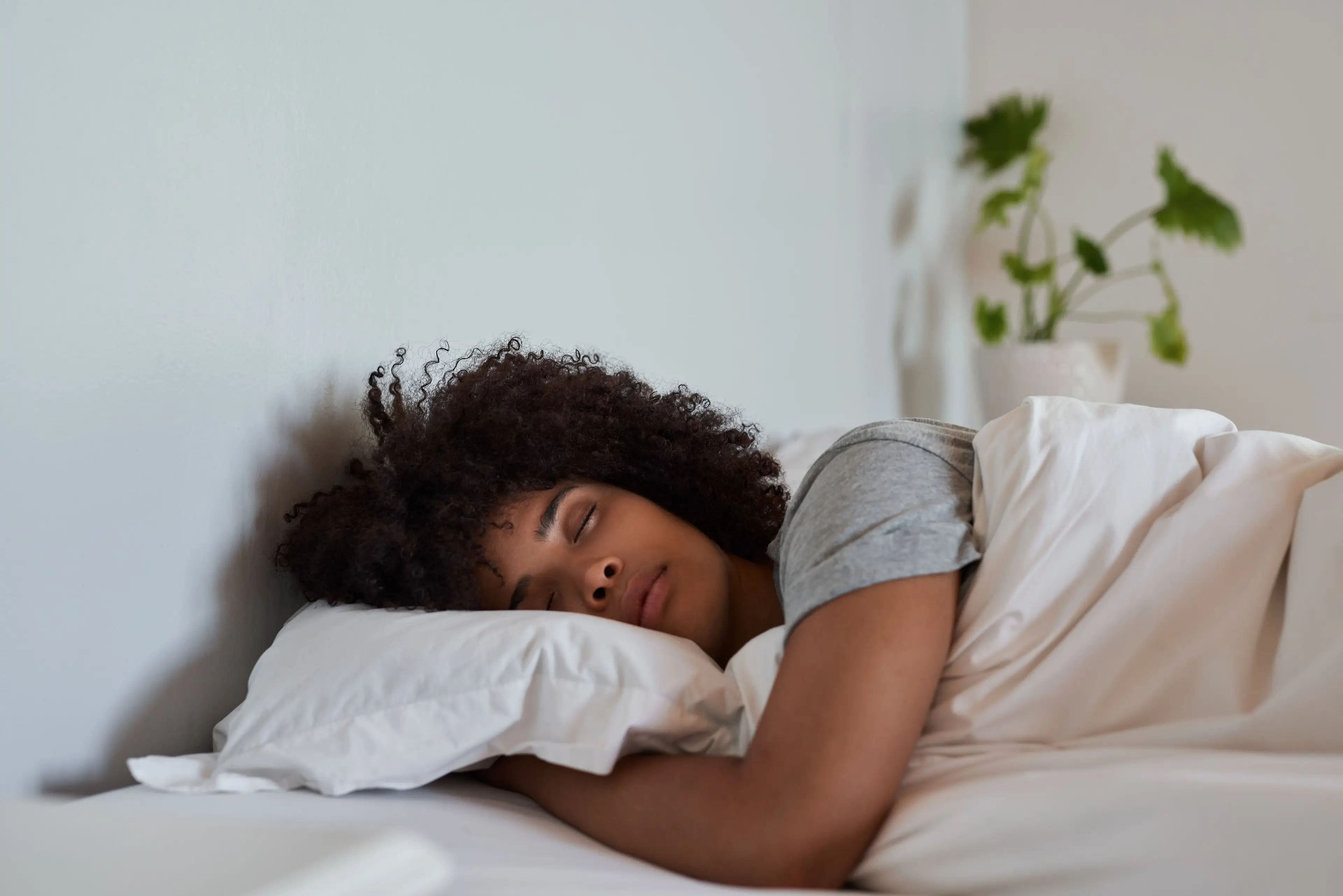
Topics: Sleep, Health, Mental Health
Experts are advising against trying one of the latest trends where you 'control your dreams'.
Who doesn't want to have good dreams all of the time? You could be a millionaire every night, and most people think crazy dreams only come after eating cheese too soon before bed.
The process comes with risks though, and one doctor has issued a warning before you think about trying the technique, called lucid dreaming.

Lucid dreaming is where you become aware of the fact you're dreaming while still asleep.
Advert
It's claimed it can therapeutic and used to help treat PTSD and anxiety.
However, the technique people are praising is one step further, where you can influence happens during the dream.
This happens around a third of the time when lucid dreaming, and approximately 55 percent of adults have had a lucid dream at least once in their life.
The trend is popular on TikTok, with creators like Bella Rose (@onlyjayus) explaining in a TikTok video viewed more than 900,000 times: "If you want to have a lucid dream tonight, you should set an alarm for about three and a half hours after you fall asleep.
"And when it goes off you need to get up out of bed without looking at your phone in the dark, just walk around for about three minutes.
"Then you an go lay back down and while on your back you need to relax all your muscles, and this is going to work because it allows your body to fall asleep while keeping your mind awake, that way you're aware that you're dreaming."
Sounds fun, right? Well, experts say we should definitely give it a miss.
Dr Abhinav Singh explained to Sleep Foundation: "Vivid and lucid dreaming are distinct phenomena. While research is ongoing, the potential of lucid dreaming as a mental health intervention is intriguing, but it should be approached with professional guidance.”

“Lucid dreaming techniques hold promise, yet they may also lead to sleep deprivation. It’s essential to consult a sleep specialist to understand the benefits and risks before trying these methods," he advised.
Trying to control your dreams involves waking in the middle of the night, and these regular interruptions can become habitual and mess up your sleep schedule, and nobody wants that.
These disturbances to your sleep can become severe, including symptoms like 'derealization' where people feel like other people, things and the surroundings aren't actually real.
If it continues or becomes chronic, you're at risk of becoming depressed.
Worse, lucid dreaming can increase your risk of sleep paralysis, which can be incredibly upsetting and scary.
Is it really worth it?
It's important to see a doctor or health professional if you suffer from frequent nightmares, disrupted sleep, a fear of sleeping, or memory problems after waking.